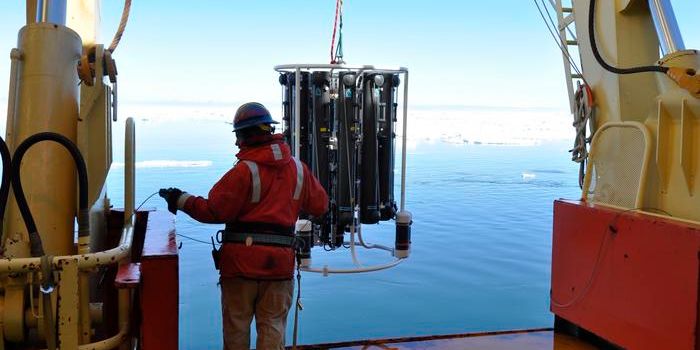More solar power produced during COVID-19 pandemic
Research published in the journal Joule highlights the silver lining of the COVID-19 pandemic: reductions in air pollution has meant more solar energy generation in Delhi, India. In a chain of events, researchers report that there is more sunlight reaching solar panels in the city, which has in turn increased clean energy generation during the last several months.
"Delhi is one of the most polluted cities on the planet," says first author Ian Marius Peters of Helmholtz-Institut Erlangen-Nürnberg for Renewable Energies in Germany. "Moreover, India enacted a drastic and sudden lockdown at the start of the pandemic. That means that reductions in air pollution happened very suddenly, making them easier to detect."
Haze and air pollution have been a chronic problem for Delhi. Last fall, schools were closed as the city entered a state of emergency because of toxic air quality. So, while COVID-19 has brought other devastation to the city, a respite from dirty air has been a welcome change.
To analyze the amount of sunlight reaching the city’s solar panels, the research team looked at data measuring the changes in insolation, which is the amount of solar radiation reaching a given area. They saw that in late March, the amount of sunlight reaching the solar panels in Delhi increased about 8%, compared with data from the same dates from 2017 to 2019. The insolation at noon increased from about 880 W/sqm to about 950 W/sqm.
This is a significant change, explains Peters. "The increase that we saw is equivalent to the difference between what a PV installation in Houston would produce compared with one in Toronto," Peters says. "I expected to see some difference, but I was surprised by how clearly the effect was visible."
"The pandemic has been a dramatic event in so many ways, and the world will emerge differently than how it was before. We've gotten a glimpse of what a world with better air looks like and see that there may be an opportunity to 'flatten the climate curve.' I believe solar panels can play an important role, and that going forward having more PV installations could help drive a positive feedback loop that will result in clearer and cleaner skies."
Sources: Joule, Eureka Alert









